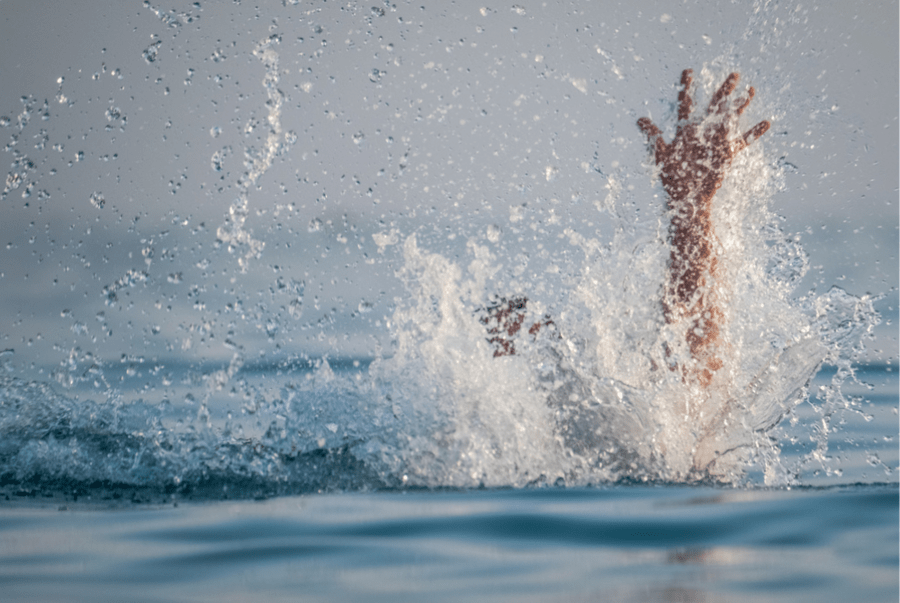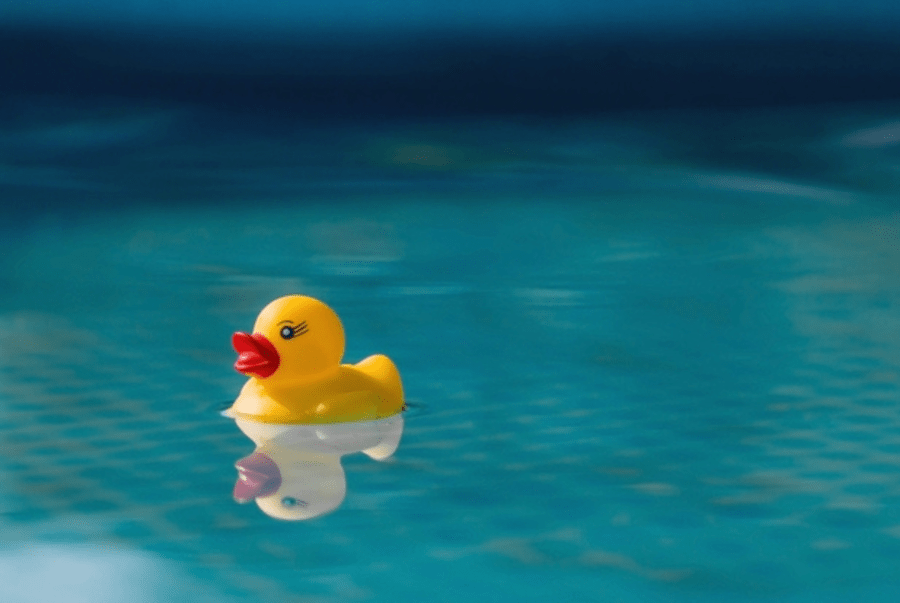Does your child get scared when it's time for swimming lessons? Do they seem to have an irrational fear of going near water? If so, you may have a fear of water (aquaphobia). This is surprisingly common among children and can lead to a lifetime of anxiety and avoidance. So, let's understand what this fear is, why children develop it, and how to help them cope.
What is fear of water?
Fear of water is the extreme or irrational fear of being in or near any water. It can be a mild feeling of uneasiness or an intense panic that keeps your child from wanting to even stand near a pool.
Aquaphobia can manifest itself in different ways, but some common signs include the following:
- avoiding swimming lessons or other activities that involve water
- panicking if their face gets wet
- getting upset if they even get close to the edge of the pool
- refusing to take showers
- screaming if they accidentally fall into the water
Why do children develop it?
Understanding why this phobia develops can help you work through it with your child. Let's dive into some of the reasons why children develop a fear of water.
Fear of the unknown
Many times, young children are afraid of water because they don't understand what it is or how it works. It's so different from anything else they've experienced that it can be intimidating and scary. That's why it's essential to take a step back and help them become more familiar with the environment before attempting any swimming lesson. Show them pictures and videos of people having fun in the water and talk about how wonderful it feels when they go swimming.
Fear of drowning
Children may also develop an intense fear of drowning due to stories they have heard or movies they've seen. It’s essential to take the time to explain to them that they are safe and will not drown if they follow instructions. Explain the importance of wearing a lifejacket, staying close to an adult, and understanding basic swimming skills.

Previous negative experiences
Some children may have had negative experiences in the pool or lake when they first learned to swim, leaving them feeling anxious and scared around large bodies of water. Suppose your child has had an unpleasant swimming experience, such as getting too cold or being dunked underwater by another swimmer. In that case, it could be causing them to feel hesitant about going back into the pool again. In these cases, taking things slowly and building their confidence over time should do the trick.
How can I help my child overcome it?
There are ways we can help our kids overcome their fears and build resilience. Here are some tips for helping your kids manage their fears and become strong, confident adults.
Acknowledge their fear
When your child is feeling scared, the first thing you should do is acknowledge their fear. Let them know that it's OK to be scared – it happens to everyone from time to time – and that you understand how they feel. This simple step can make a massive difference in helping them cope with their emotions.
Encourage open discussion
It's also important to encourage open discussion about their fears. Ask your child questions about why they're feeling scared and what they think might help them feel better. They might not have all the words yet, but listening to them can help them work through their fear and anxiety.
Help them develop coping strategies
Once you understand why your child is feeling scared, it's time to start helping them develop coping strategies that will help them manage these emotions more effectively. Teaching your kids effective coping strategies for dealing with their fears will give them an invaluable set of skills that will serve them well into adulthood.
Make sure they know the basics
Teach them how to float on their back and practise this until they can do it confidently. Also, teach them how to roll onto their back so that if they fall into the water unexpectedly, they'll know what to do. Understanding these basic skills will give your child a sense of confidence while they're learning other activities in the pool.
Play games
Try playing tag or Marco Polo with your little one - these games can be adapted, so everyone has fun at their level. A simple game like Passing the Ball or Find The Object also makes it easy for kids to get used to having things around them while immersed in water. Most importantly, keep it light and fun - this will help set up positive associations with swimming which will come in handy when teaching more advanced skills down the line!

Provide positive reinforcement
It's important to celebrate their successes, no matter how small. Praise them for trying something new or overcoming a fear. Tell them you're proud of their effort and encourage them to keep up the excellent work! Positive reinforcement will help bolster their confidence and make it easier for them to take on future challenges in and out of the water.
Give them time
It's important to remember that fear of water is a process, so it can't be fixed overnight. Encourage gradual progress and celebrate their successes along the way - this will help boost their confidence and make them more likely to keep trying. Start by getting them used to being near the edge of the pool and gradually move them closer to the water. Let them choose how deep they want to go, and never force them into something that makes them uncomfortable.
Enrol them in swimming classes
Swimming classes are a great way to get your child comfortable and confident in the water. Experienced instructors can help teach the basics while making sure everyone has fun. They'll also be able to assess your child's fear and work with them to help overcome it.
At Fulton Swim School, their fear of water will be addressed, and they can learn to overcome it with the help of our experienced instructors. With a focus on fun, we ensure your child is safe and comfortable in the water while helping them build confidence, resilience, and essential swimming skills.
Contact us today if you would like to know more about how we can help your child conquer their fear of water!
